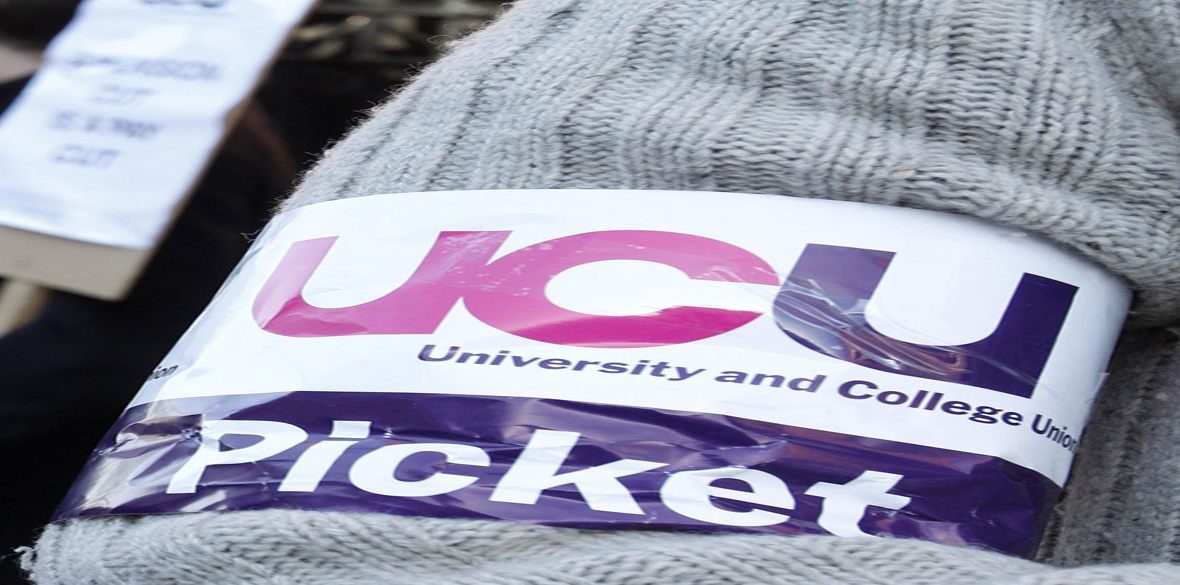HIGHER and further education union UCU’s blunt response to news that 97 per cent of university bosses earn over £150,000 a year — with nearly half of them on over £300,000 — ought to be a wake-up call for politicians.
The Office for Students, which carried out the survey exposing the extraordinary rewards university chiefs now give themselves, seems stung by UCU’s criticism. “It is not for the Office for Students to set a vice-chancellor’s pay,” chief executive Nicola Dandridge protests. The “regulator” considers it has performed a public service in revealing the information — it’s most unreasonable to expect it to do anything.
But lecturers are not alone in feeling enough is enough. Year after year we are treated to reports noting that inequality has grown, from the annual Sunday Times Rich List and it’s oh-so predictable finding that Britain’s richest have scaled new peaks of indecent, parasitical wealth to the equally expected news from the bottom of the scale — that the number of rough sleepers has risen eight years running, or that the number of children in poverty has grown again (by 100,000 from 2017 to 2018).
If that widening gulf between rich and poor is true of society as a whole, growing inequality is also the pattern within whole sectors of the economy. The world of further and higher education is one.
Astronomical rewards for vice-chancellors go hand in hand with an increase in insecure work and inadequate pay for the majority of workers in the sector. The UCU has been documenting this for years on end.
In 2013 it found that over half of universities that responded to its freedom of information requests used zero-hours contracts; so did two-thirds of further education colleges. The government’s Workplace Employment Relations Study of that year revealed a tenfold increase in zero-hours contracts in education over a 10-year period.
The Higher Education Statistics Agency, looking at the 2014-15 academic year, found that when academics on fixed-term contracts (70,035) were added to those in casual employment (75,560) they outnumbered the total number of academics in permanent jobs (128,300).
With poor contracts comes poor pay. Lecturers’ pay has declined by 25 per cent in real terms in the last decade; the UCU says a £7,000-a-year pay gap has opened up between teachers in colleges and those in schools. Small wonder both UCU members and their counterparts organised in the Educational Institute of Scotland north of the border were striking last month.
Declining pay for staff who actually deliver universities’ mission of educating students and conducting research, matched with ballooning pay for institution chiefs, tells a familiar story. Productive, socially useful work is not valued at its worth. Academics, like teachers, nurses, civil servants, couriers, cooks, waiting staff — the list goes on — are being short-changed.
The reverse of the coin is that a tiny minority value themselves very highly indeed. University vice-chancellors now see themselves as corporate chief execs, the equivalent in the “education business” of the CEOs of large private companies and entitled to similar remuneration.
All this flows from the long-term marketisation of education, the transformation of students into paying “customers” and the consequent distortion of the real purpose of further and higher education. The neoliberal model, that seeks to bring the twisted logic of the market to every public service, is responsible here as it is for the impoverishment of working-class people across the country.
The UCU is right — time is up for “paper tiger” regulators who complacently record the extent to which college bosses or train operators or energy providers are fleecing the rest of us yet never do anything about it. We need a Labour government that will take the fight to the profiteers and shift power, and wealth, to the overwhelming majority.










